Book Review: Financial Blogging
This is a practical book that is a very good book.? Do you want to write things that people want to read?? This book will help you do it.
Coming out of US public schools, not everyone is prepared to write for a broad audience because:
- They aren’t good with spelling and grammar.
- They can’t make it interesting.
- They don’t know what to write about.
This book can help with many of the deficiencies, aiding writers, to write and rewrite tight prose.
This book will help you source ideas.? It will help you refine ideas, as you write and rewrite ideas.
It will help you map out ideas before you write, so that you have a visual outline of what you want to say, which will aid you in expressing your ideas.
Now if you read this book does it mean that it will guarantee that you write great stuff? No.
You have to have some edge that you want to express.? Most investment commentary is garbage.? Those the have a differential insight might be able to create value.? But that is not generally true, unless we are at Lake Wobegon, where all of the children are above average.? Lake Wobegon is fictitious, easy excess returns are hard.
The main idea is start blogging, and start improving.? Start with a good idea that would have broad interest. Then write, revise, revise, revise.? Writing gets better with effort and editing.
Beyond that, you will have to think of compliance.? Disclose all relevant interests that you the writer might have.? If you own or short a stock that you write about, disclose it.
This book will improve your blogging.? It will sharpen what you write about, the frequency at which you write, and how you write.? This is a great book for financial bloggers.
Quibbles
None
Who would benefit from this book: Almost all financial blogger could benefit from the book.? Though I am experienced, there are many places where I learned more.? If you want to, you can buy it here: Financial Blogging: How to Write Powerful Posts That Attract Clients.
Full disclosure: I asked the author for a review copy, because I respect her to a high degree.
If you enter Amazon through my site, and you buy anything, I get a small commission.? This is my main source of blog revenue.? I prefer this to a ?tip jar? because I want you to get something you want, rather than merely giving me a tip.? Book reviews take time, particularly with the reading, which most book reviewers don?t do in full, and I typically do. (When I don?t, I mention that I scanned the book.? Also, I never use the data that the PR flacks send out.)
Most people buying at Amazon do not enter via a referring website.? Thus Amazon builds an extra 1-3% into the prices to all buyers to compensate for the commissions given to the minority that come through referring sites.? Whether you buy at Amazon directly or enter via my site, your prices don?t change.


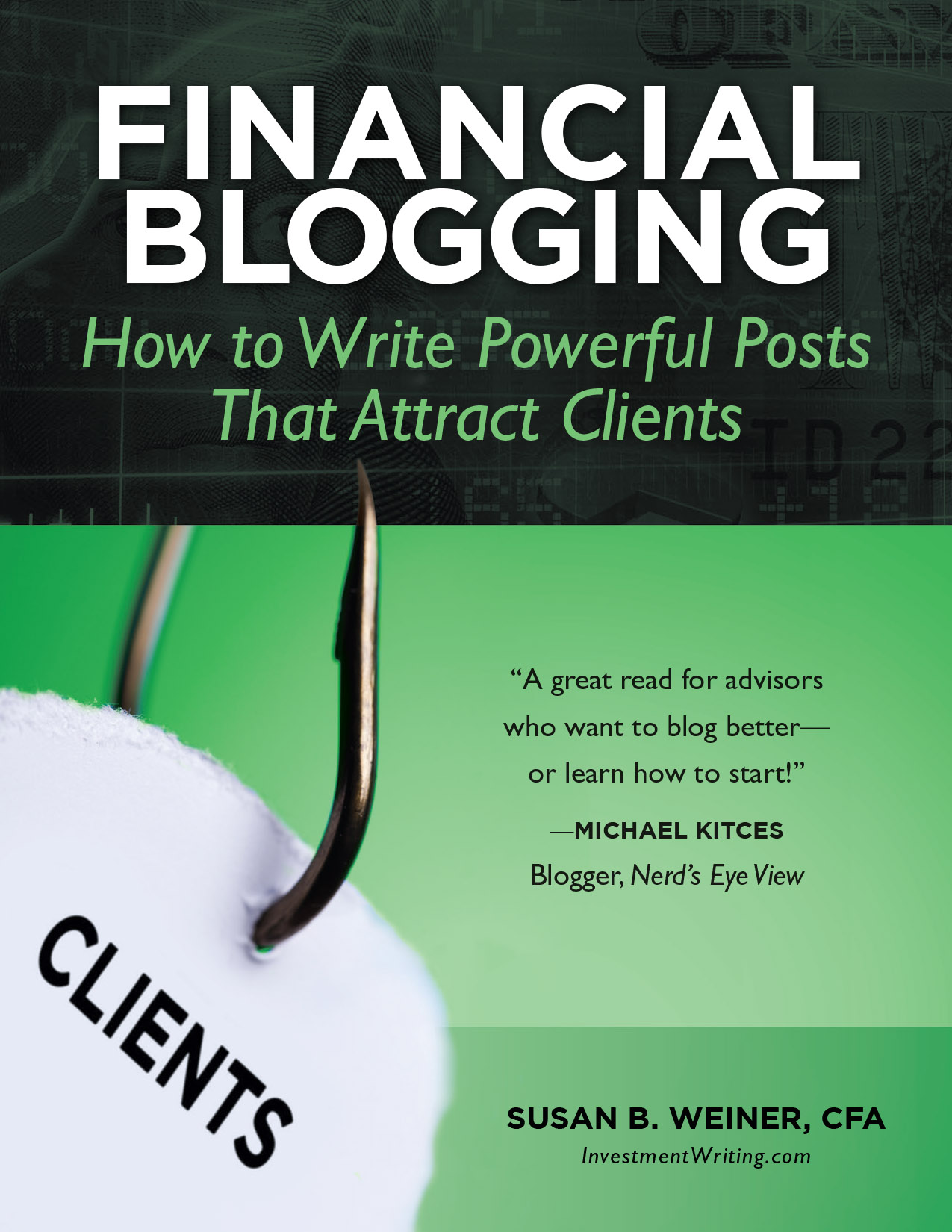
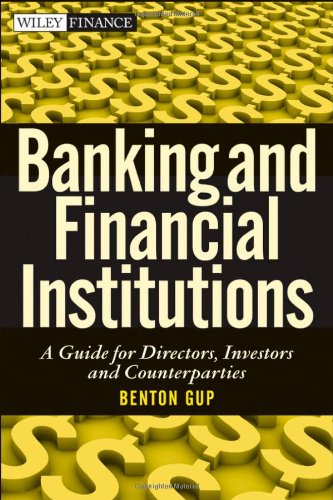
 Everyone would like a “money machine.”? Follow simple rules, and “Wow, this makes money.”? This is that kind of book but it has better foundations than most in its class.
Everyone would like a “money machine.”? Follow simple rules, and “Wow, this makes money.”? This is that kind of book but it has better foundations than most in its class.
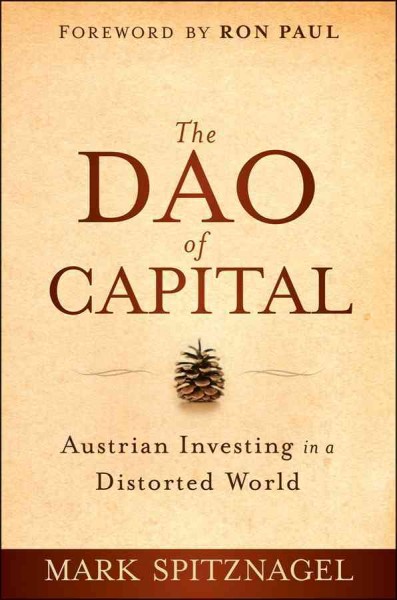

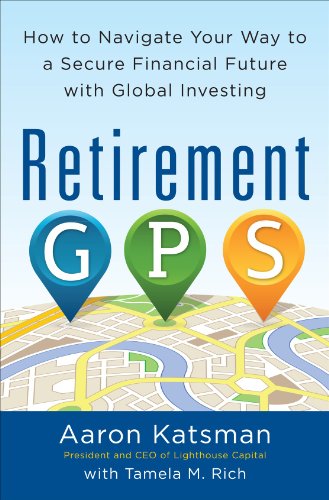

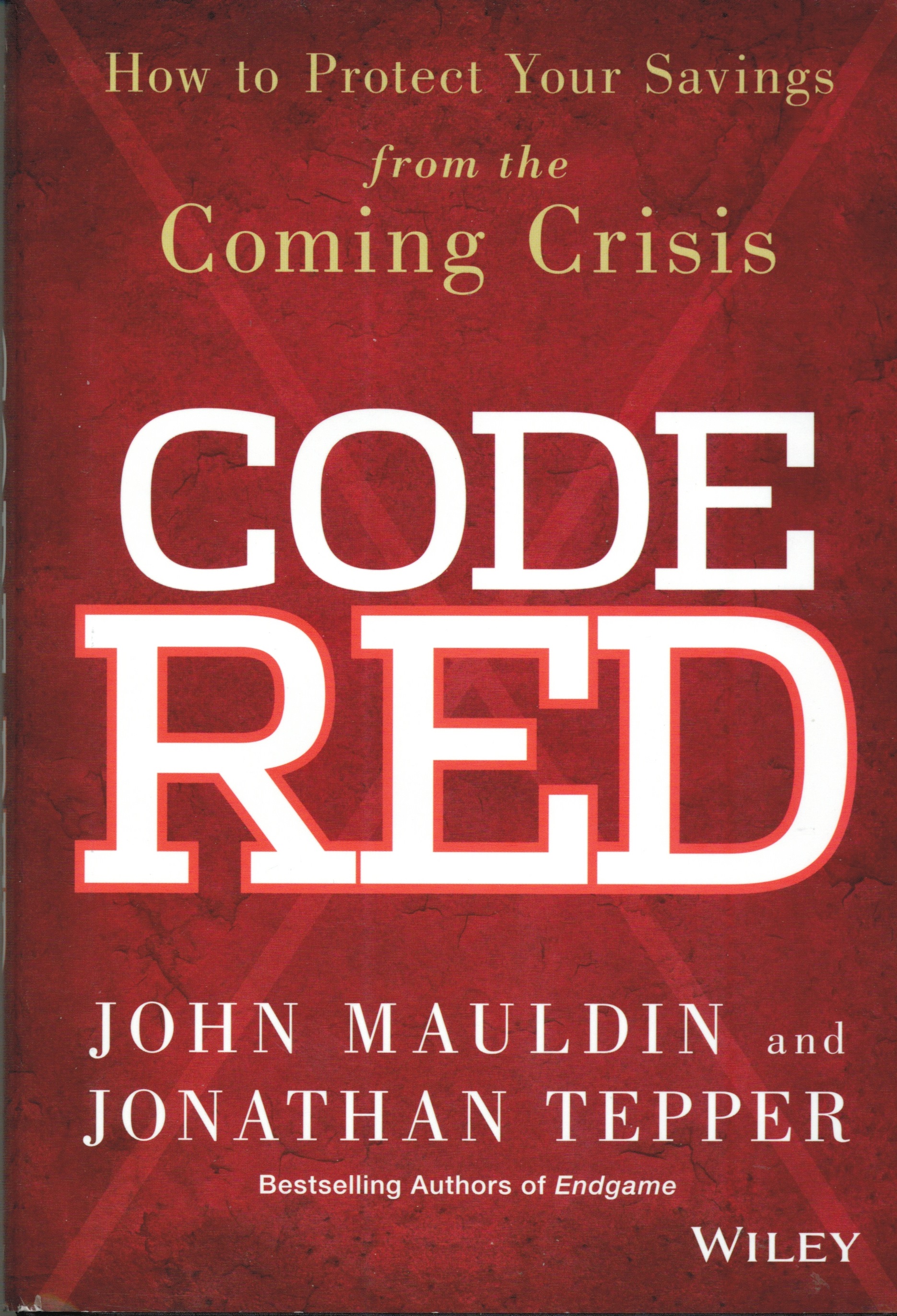
 Sara Eisen is smart.? How smart is Sara Eisen?? She can write twelve pages on currencies, invite some clever and opinionated people to write articles for her, and serve as editor of the book, and thus get top billing for a moderate amount of work.
Sara Eisen is smart.? How smart is Sara Eisen?? She can write twelve pages on currencies, invite some clever and opinionated people to write articles for her, and serve as editor of the book, and thus get top billing for a moderate amount of work.